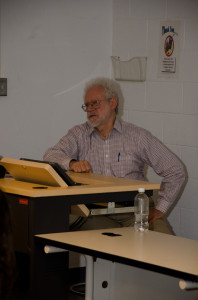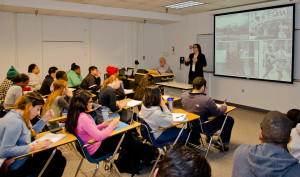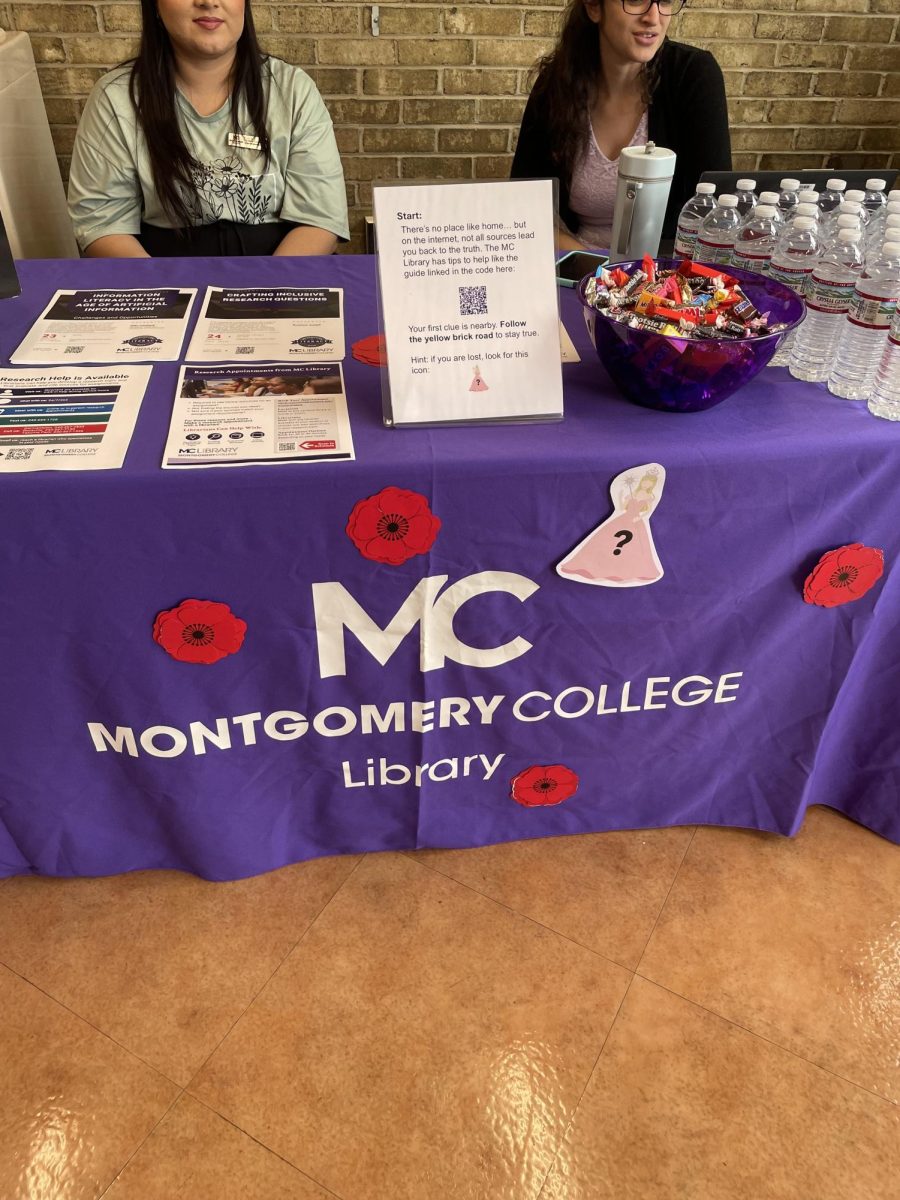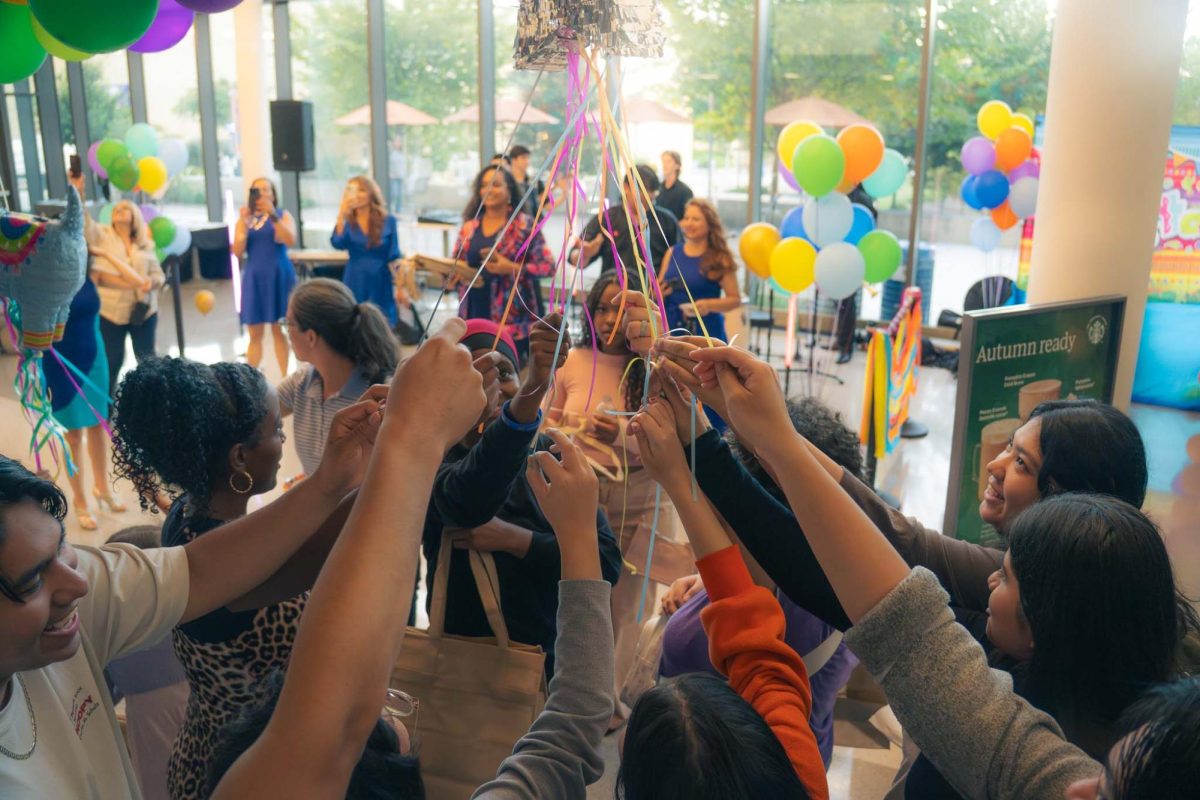As Black History Month comes to a close, Montgomery College’s Dr. Riedl and Dr. Smith gave a special lecture on the Civil Rights Act of 1964 and the Voting Rights Act of 1965, with the purpose of educating students on black history and the laws that came forth in helping maintain a society of equality.
The lecture covered the civil rights movement, its impact on today’s society and how many of the issues faced then are still relevant now. Topics included were legislation, history and the current state of affairs of civil rights in America.
“Diversity and multiculturalism are important but it’s not just enough to say we’re for it. We have to say what does it mean? And we have to say; where does it come from? It came because people had to campaign. It came because people were marching. It came because congress passed legislation. So it’s not enough to talk about diversity and multiculturalism.” said Dr. Smith

“It has to mean something, and for it to mean something, we have to understand what the laws are and we have to look at it in depth. Students need to be educated about what diversity and multiculturalism really mean.” Dr. Smith.
The professors also discussed how today’s terminology has roots in today’s civil rights issues. “Language is a big part of understanding the past and understanding how people think.” Said Dr. Riedl. Discussing how terminology was and has been used to dehumanize people for the sake of discrimination.

Over the course of the lecture, the two professors maintained the message that the issue of civil rights is not just a black issue or an issue of one group’s rights, but that it has creedence over everyone’s rights regardless of race, gender, age, religion, sexual preference, culture, citizenship or wealth. “It has to do with people of color, whether their black, asian [etc.]. It means protecting the rights of women, the rights of handicapped people, [and] the rights of same sex couples.”
Smith continued, “Anyone who is a victim of discrimination needs to have people fighting for them in this country, so it’s part of what it means to be an American citizen–protecting these gains that have been achieved. It’s not over.”







